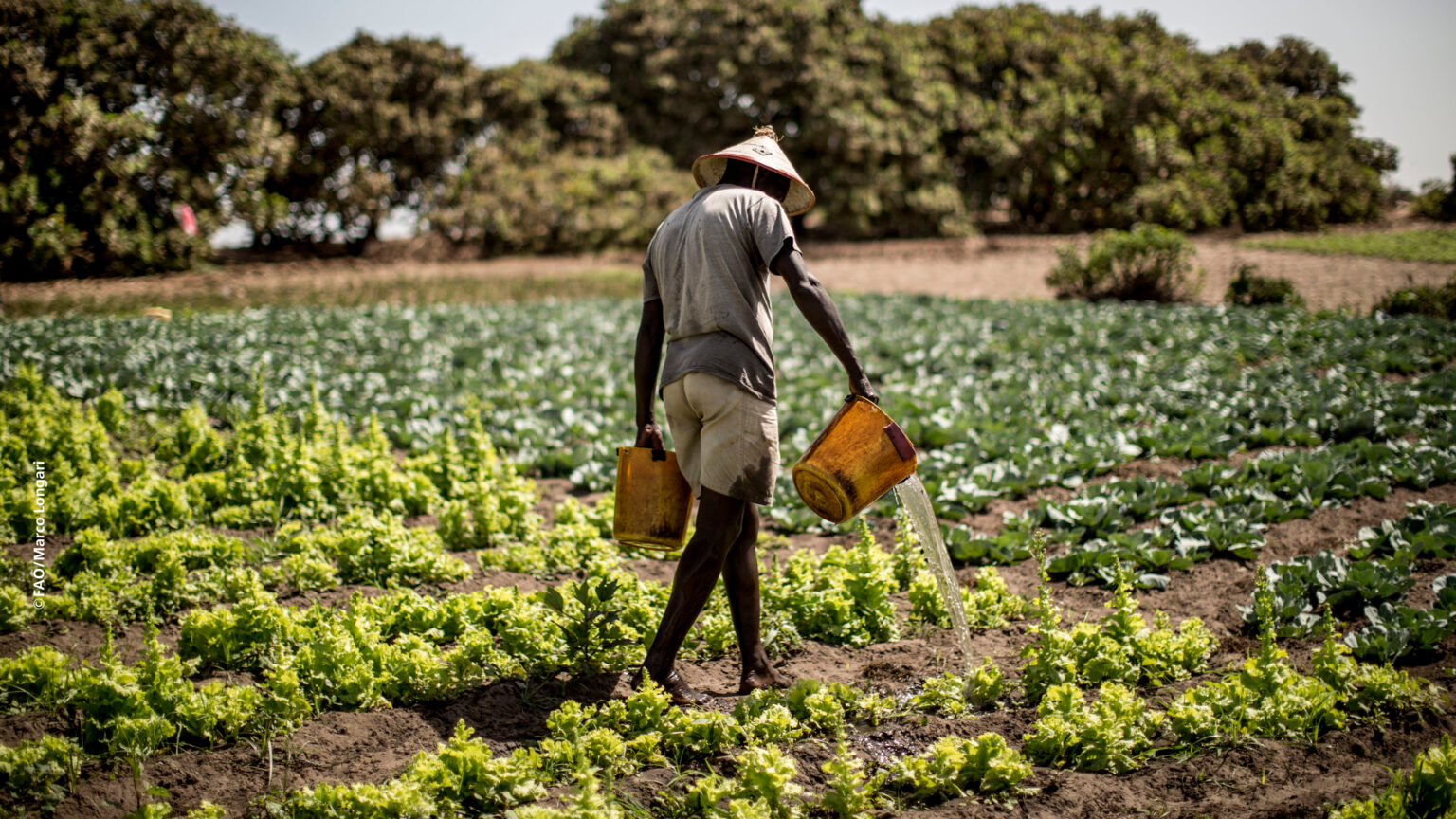- Sustainable Agriculture Farming Practices have been identified as the only way to ensure food security in the future
- Crop Life International launched its flagship commitment, the Sustainable Pesticide Management Framework (SPMF) program in 2021
- Kenya has made significant strides in pesticide management by integrating global best practices into its new pesticide law.
Kenya is among the nine countries in the world undertaking a $13 million (Sh1.7 billion) agriculture funding program over the next five years. The funding is aimed at supporting sustainable agriculture farming practices in the selected member states mostly targeted towards reducing harm caused by pesticides.
According to Crop Life International, Kenya is among the countries that have done well in Integrating global best practices into the new pesticide law, enhancing the national poison control center, and establishing an industry-wide pesticide container management scheme with 310 collection sites.
In its latest Annual Report for its Sustainable Pesticide Management Framework (SPMF), Crop Life International highlights the substantial progress made in advancing sustainable pesticide management practices globally, with a specific focus on Kenya, Morocco, Thailand, and Vietnam.
The flagship SPMF program was launched in 2021, rooted in the industry’s foundational commitment to the International Code of Conduct on Pesticide Management to ensure existing crop protection tools are used responsibly and efficiently.
“Crop Life International members are committing over $13 million in funding in 9 low middle-income countries in Africa, Asia, and Latin America over 5 years. The program is already underway in Kenya, Morocco, Thailand, and Vietnam,” The organisation said in the report.
SPMF is rooted in the industry’s foundational commitment to the International Code of Conduct on Pesticide Management to ensure existing crop protection tools are used responsibly and efficiently. At the same time, it paves the way for the adoption of new technologies to support the demand for more sustainable alternatives and practices such as Integrated Pest Management(IPM)
Crop Life International launched its flagship commitment, the Sustainable Pesticide Management Framework (SPMF) program in 2021, to accelerate the implementation of the International Code of Conduct on Pesticide Management1 (The Code).
Read Also: Sustainable solutions: AIM Congress 2024 focuses on agriculture, health and investment
It does this by integrating regulatory and stewardship best practices through capacity-building, technical cooperation, information sharing and supply chain integration.
“The challenge of climate change is very serious in Kenya. In 2019, we faced locust attack for the first time in 70 years. Pest species are evolving and are different from what we have seen before,” said the Director of Plant Protection and Food Safety Directorate, Ministry of Agriculture Dr. Collins Marangu
The program sets out an integrated approach to manage the transition towards sustainable pesticide use, emphasizing better governance, systematic risk assessment, and mitigation.
Read Also: Fourth Industrial Revolution: Africa Left Behind—Again
Through public-private partnerships, enhanced regulatory frameworks, and innovative technologies, CropLife International aims to support farmers worldwide in addressing the escalating threats posed by climate change, paving the way for the adoption of new technologies to support the demand for more sustainable alternatives and practices such as Integrated Pest Management (IPM).
“With a warming planet, tackling pollution, protecting biodiversity, and supporting food security are complex challenges that are all interlinked. They must be addressed in a horizontal, holistic, and inclusive manner. The SPMF embodies such an approach,” said Emily Rees, President and CEO of CropLife International.
Sustainable Agriculture Farming Practices
Kenya has made significant strides in pesticide management by integrating global best practices into its new pesticide law. The country has also enhanced its national poison control centre and established an industry-wide pesticide container management scheme. This initiative includes 310 collection sites, ensuring better environmental and health safety standards.
Morocco celebrated the passage of a new pesticide decree and successfully completed a pilot container management project in the Souss Massa region. Additionally, 2,500 farmer leaders received specialized training, and outreach efforts extended to another 100,000 farmers through mass media campaigns.
Thailand has launched regulatory workshops focused on risk assessment and developed stewardship guidelines for the use of drones in pesticide application. Moreover, climate action has been incorporated into stewardship training programs, particularly aimed at promoting sustainable rice production practices.
